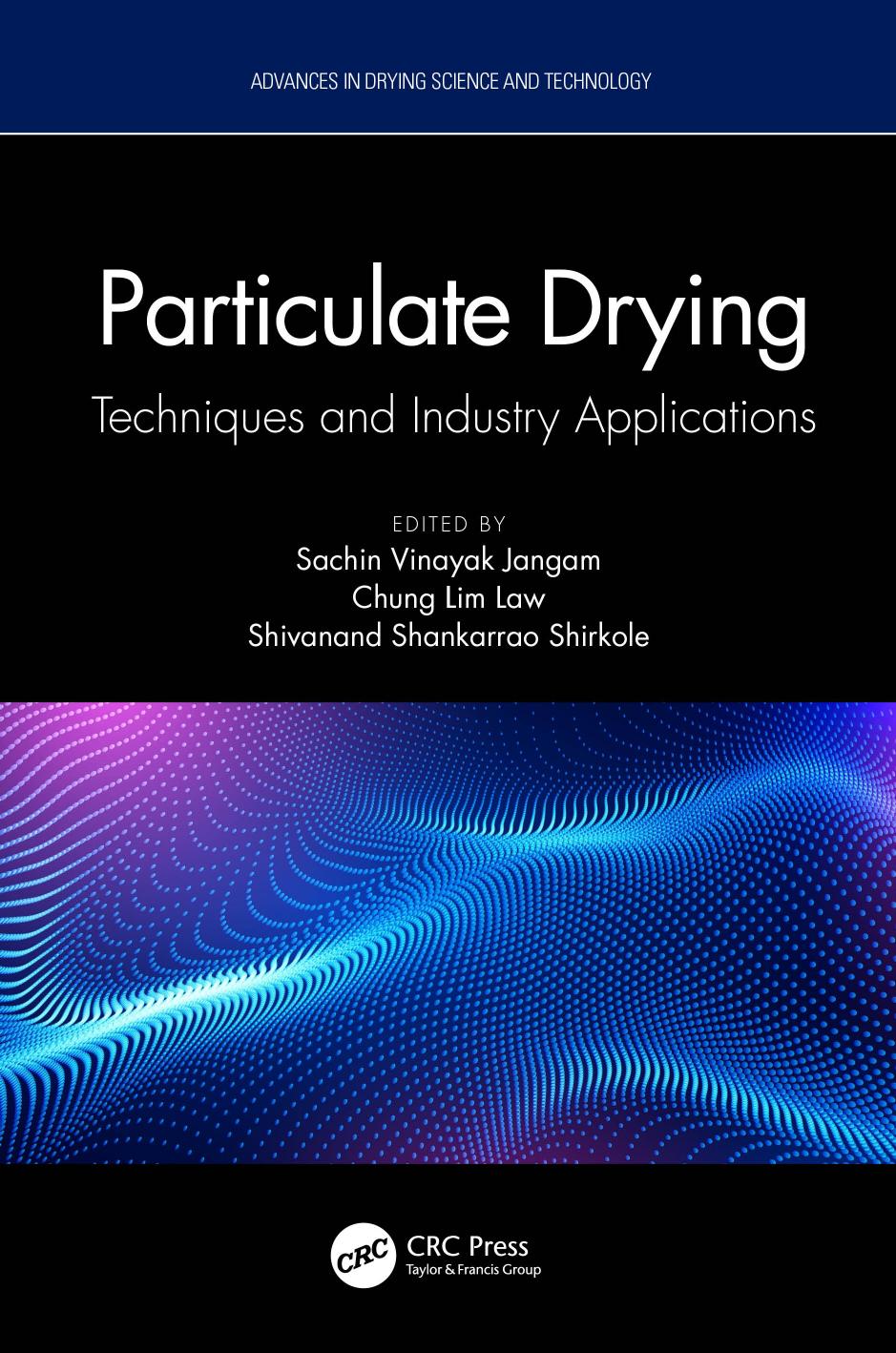

Most ebook files are in PDF format, so you can easily read them using various software such as Foxit Reader or directly on the Google Chrome browser.
Some ebook files are released by publishers in other formats such as .awz, .mobi, .epub, .fb2, etc. You may need to install specific software to read these formats on mobile/PC, such as Calibre.
Please read the tutorial at this link: https://ebookbell.com/faq
We offer FREE conversion to the popular formats you request; however, this may take some time. Therefore, right after payment, please email us, and we will try to provide the service as quickly as possible.
For some exceptional file formats or broken links (if any), please refrain from opening any disputes. Instead, email us first, and we will try to assist within a maximum of 6 hours.
EbookBell Team

4.1
50 reviewsIn the process industry, understanding the unit operation of particulate drying is imperative to yield products with desired properties and characteristics and to ensure process safety, optimal energy efficiency and drying performance, as well as low environmental impact. There are many techniques and tools available, which can cause confusion. Particulate Drying: Techniques and Industry Applications provides an overview of various particulate drying techniques, their advantages and limitations, industrial applications, and simple design methods.
This book
• Covers advances in particulate drying and their importance in the process industry
• Highlights recent developments in conventional drying techniques and new drying technologies
• Helps readers gain insight into selecting the appropriate drying techniques for a particular product
• Summarizes various applications from a wide range of industries, including chemical, food, pharmaceutical, biotech, polymer, mineral, and agro-industries
• Projects future research trends and demands in particulate drying
This book serves as a reference for process and plant engineers as well as researchers in the fields of particulate processing, mineral processing, food processing, chemical engineering, and mechanical engineering, especially those involved in the selection of drying equipment for particulate solids and R&D of drying of particulate materials.